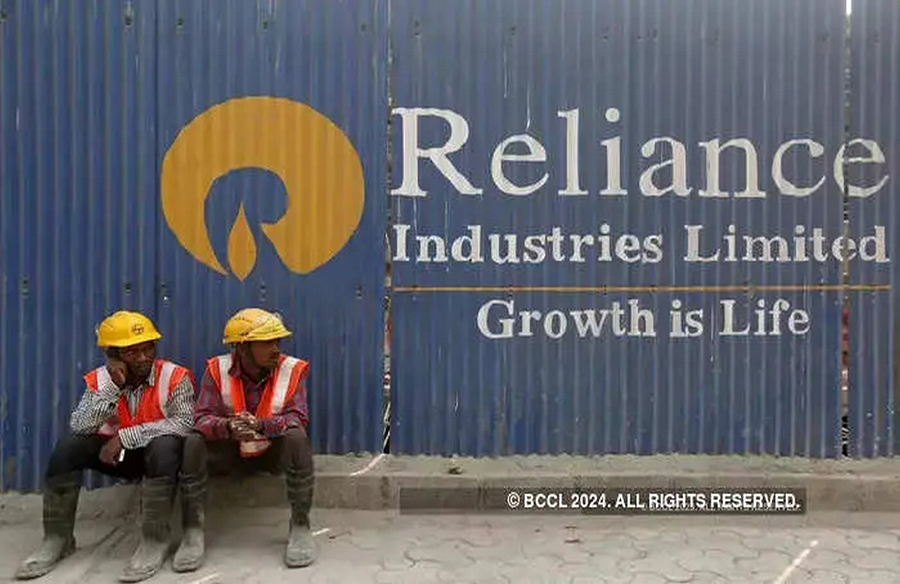Zomato and Swiggy: Implications of Rs 500 Crore GST Penalty

The recent development of Zomato and Swiggy facing a Rs 500 crore GST penalty each has sparked discussions about the nuances of delivery fees and tax compliance within the online food delivery sector.
Disputes Over Delivery Fees
One of the primary issues centers around the delivery fees charged by these platforms to customers. Reports suggest that there’s an ongoing disagreement between tax authorities and food delivery apps regarding these fees, involving a substantial amount totaling nearly Rs 1000 crore.
Perspectives on Delivery Charges
Zomato and Swiggy contend that the ‘delivery charge’ is essentially the expenses incurred by delivery partners during the food delivery process. They argue that these charges are merely collected from customers and then transferred to the delivery partners. However, tax officials reportedly hold a different view, leading to this regulatory conflict.
Platform Fee Adjustments
The situation is further complicated by recent adjustments in platform fees. Swiggy, for instance, raised its platform fee from Rs 2 to Rs 3 per food order. This move was explained as a common industry practice and not a substantial shift in policy.
Similarly, Zomato also increased its platform fee to Rs 3 per order from the initial Rs 2, affecting Zomato Gold users who were previously exempted from these charges.
Industry-wide Practices
Both Zomato and Swiggy defend their fee structures as standard practices observed across various service industries. However, the imposition of the GST penalty underscores the complexities of aligning business models with regulatory frameworks, particularly in the rapidly evolving digital economy.
Conclusion
The imposition of the Rs 500 crore GST penalty on Zomato and Swiggy highlights the regulatory challenges faced by online food delivery platforms. It also emphasizes the importance of clear communication and compliance with tax regulations to navigate such legal complexities in the



